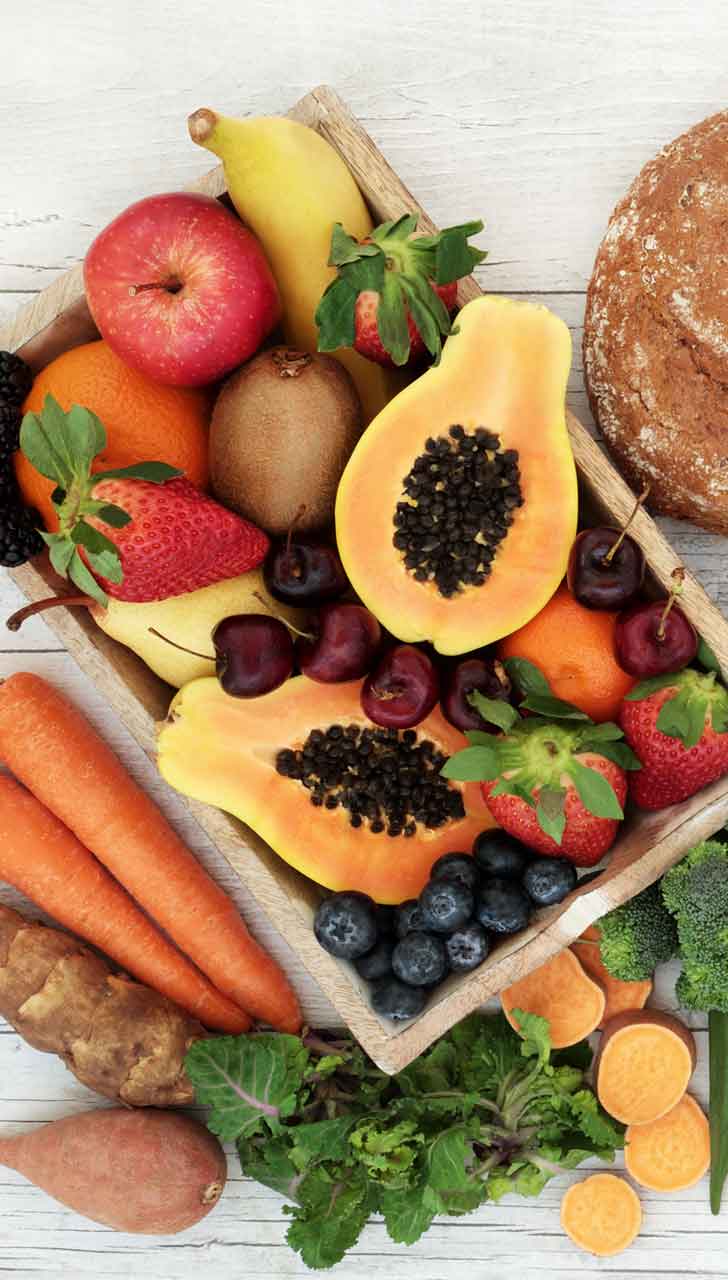

Introduction to Vegetarian Diet
Welcome to the world of vegetarianism, where plant-based foods take center stage in your diet, offering a range of health benefits and considerations.
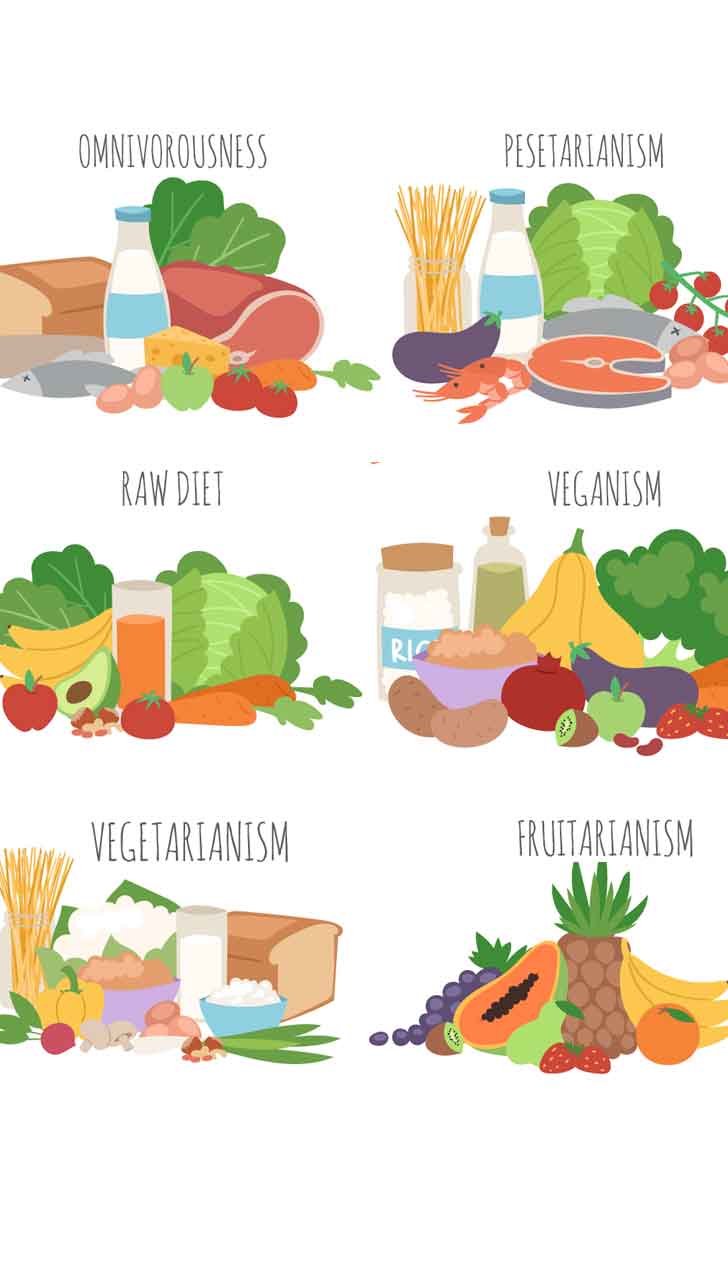

Types of Vegetarian Diet
Vegetarian diets vary, including lacto-vegetarian, lacto-ovo-vegetarian, pescatarian, and vegan, each with unique food restrictions and preferences.
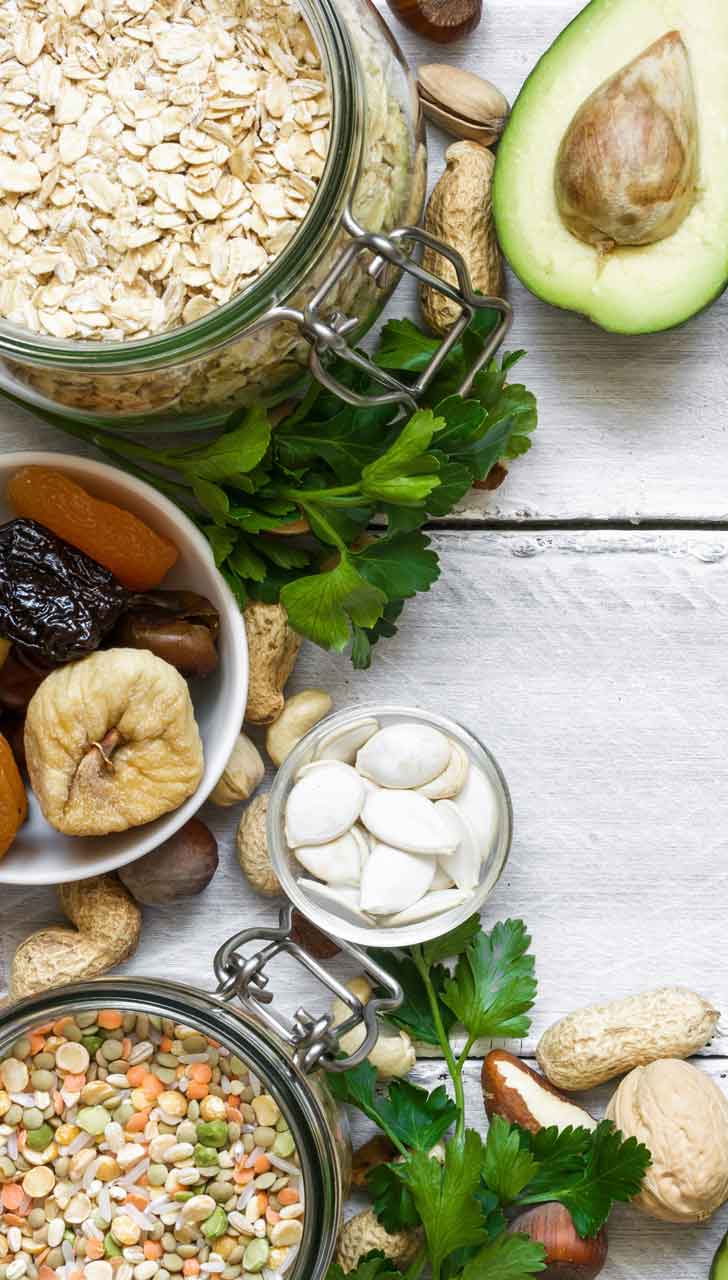

Drawback: Nutrient Deficiencies
One drawback of vegetarianism is the risk of nutrient deficiencies, particularly in vitamin B12, iron, calcium, omega-3 fatty acids, and protein, which require careful dietary planning and supplementation.

Drawback: Limited Food Options
Vegetarians may face limited food choices, especially in non-vegetarian-centric settings, leading to repetitive meals and potential social challenges during dining out or traveling.
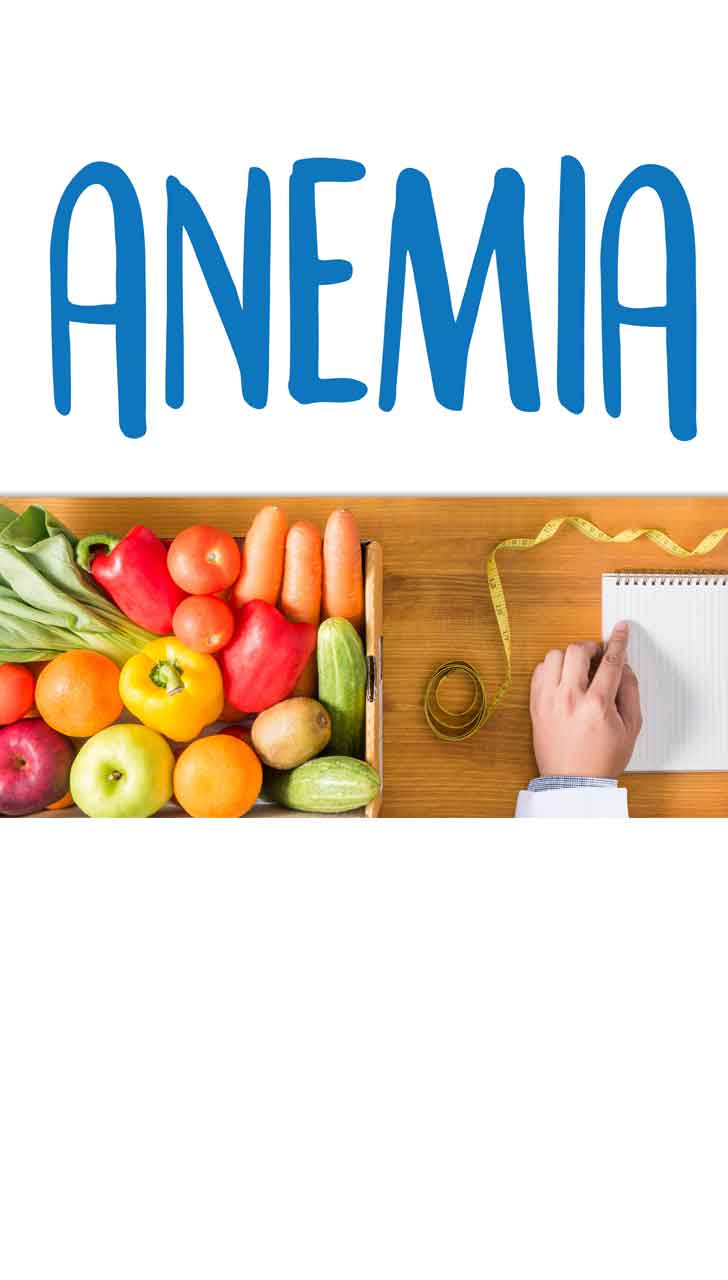
Drawback: Potential Anemia Risk
Iron-deficiency anemia is a common concern among vegetarians due to the lower bioavailability of iron from plant sources compared to meat, potentially leading to fatigue, weakness, and impaired cognitive function.

Drawback: Vitamin B12 Deficiency
Vegetarians, particularly vegans, are at risk of vitamin B12 deficiency as it is primarily found in animal products, necessitating supplementation or fortified foods to prevent neurological complications and anemia.
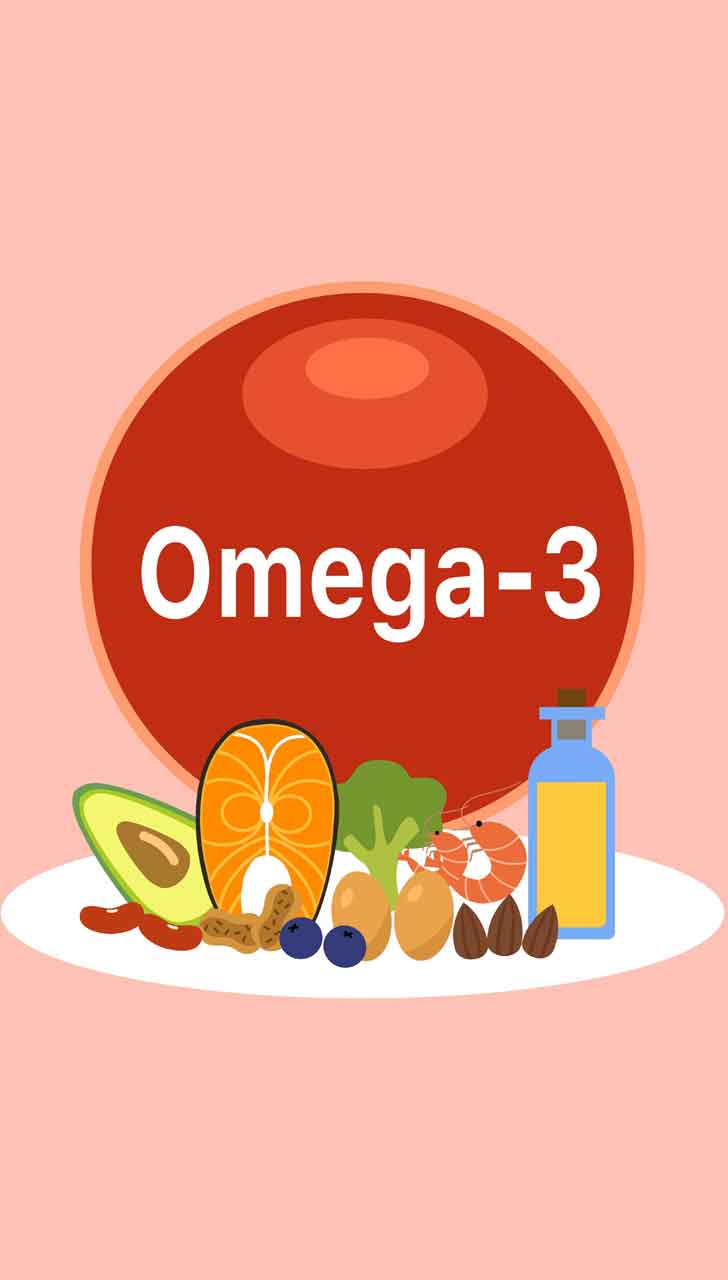
Drawback: Potential Omega-3 Fatty Acid Insufficiency
Plant-based omega-3 sources like flaxseeds and walnuts may not provide adequate levels of EPA and DHA, essential for brain health and heart function, posing a challenge for vegetarians to maintain optimal levels.
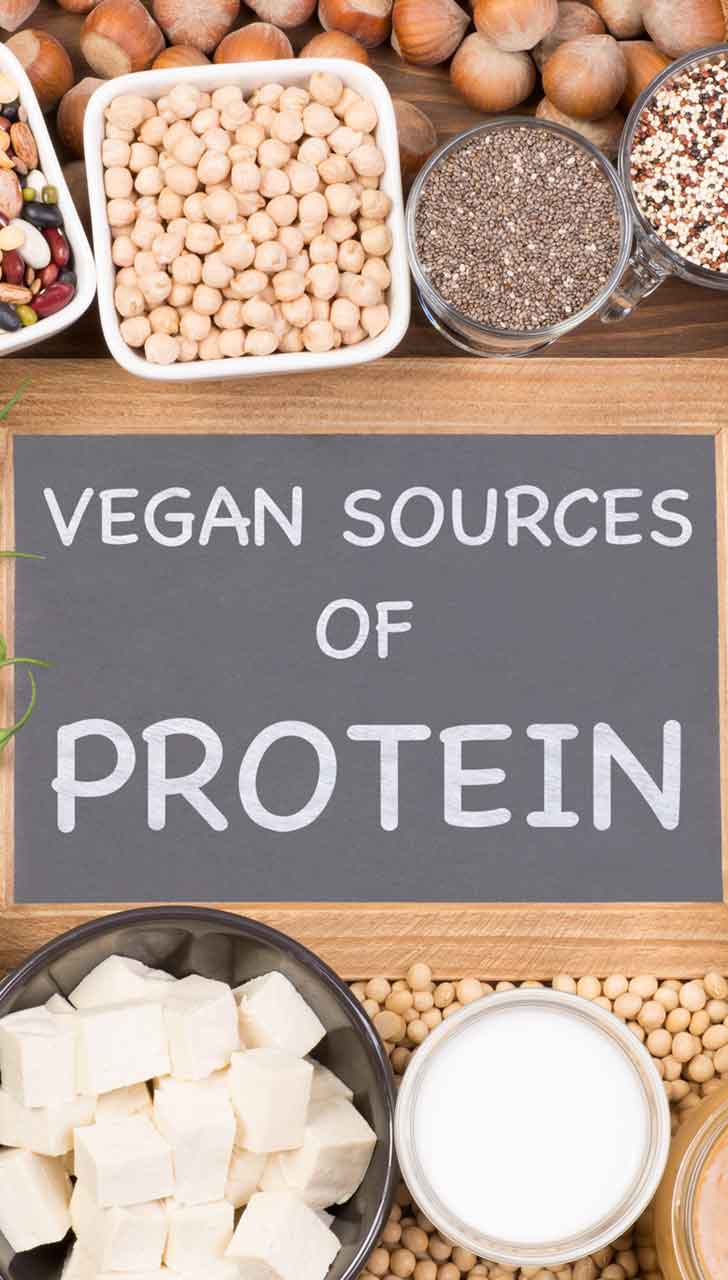
Drawback: Challenges in Meeting Protein Needs
While plant-based protein sources abound, vegetarians must be mindful of combining complementary proteins and consuming sufficient quantities to meet their daily protein requirements for muscle maintenance and overall health.
